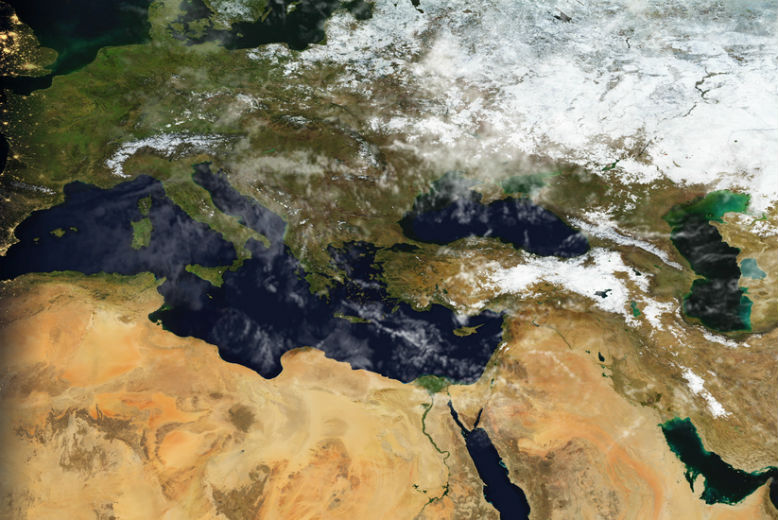
The Future of Syria and the Role of Regional Powers
What are the main objectives of the Iranian, Russian and Turkish engagement in Syria? Is convergence between Geneva and Astana possible? What kind of Syria can we expect 5 years from now?
While the uprising in 2011 in Syria started peacefully, the conflict eventually turned into a civil war and soon became a battleground for regional and international powers. Although the military operations have slowed down, the diplomatic fighting over the future of the country continues. Russia, Iran and Turkey have circumvented the UN’s peace process in Geneva with their own Astana talks, although with limited success. Nonetheless it is clear that there will be no peace without their consent.
Today, the Syrian territory is roughly divided into three parts. One controlled by the regime supported by Russia and Iran, one partly by Turkey-backed Sunni rebels and an al-Qaida offshoot, and one Kurdish-held region supported by the US.
Speakers:
Aron Lund, Associate Fellow, UI
Cengiz Çandar, Senior Associate Fellow, UI and Distinguished Visiting Scholar, SUITS
Muriel Asseburg, Senior Fellow at Stiftung Wissenschaft und Politik, Berlin
The seminar was moderated by Rouzbeh Parsi, head of UI’s Middle East and North Africa Programme.
Note: a UI Paper focusing on Russian-Syrian Relations authored by Aron Lund has been published and is available for downloading.